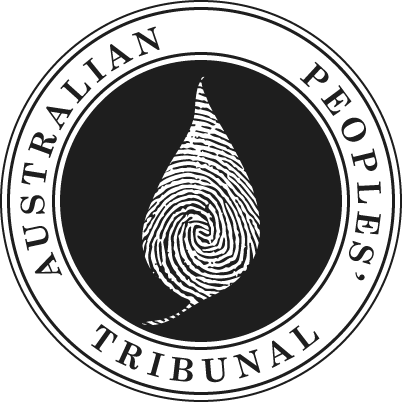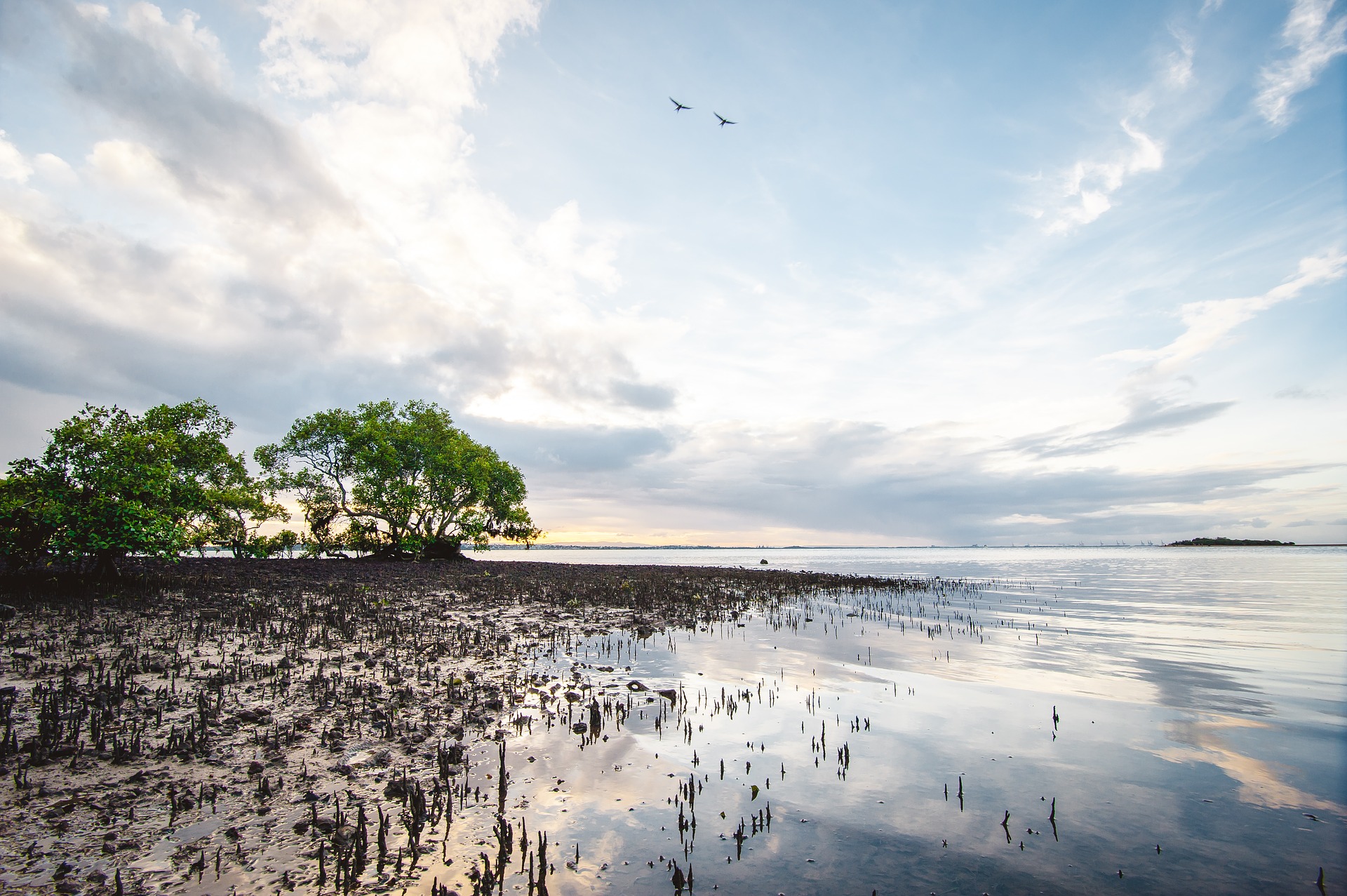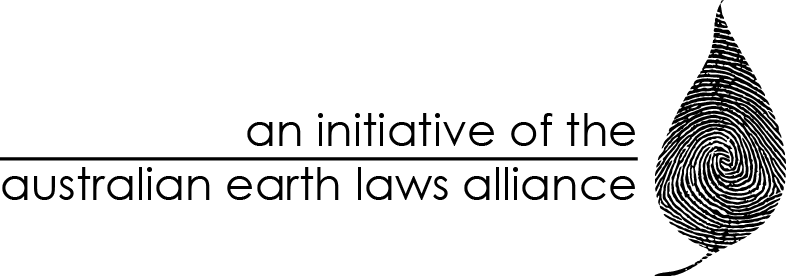2018 Citizens’ Inquiry into the Impacts of Industrial Scale Agriculture on Community and Nature’s Rights
- About the 2018 Tribunal session
- Initial Statement from the 2018 Tribunal Panel
- Tribunal Witnesses and Panel
- Tribunal Panel biographies
- Presentations / Videos
About the 2018 Tribunal session
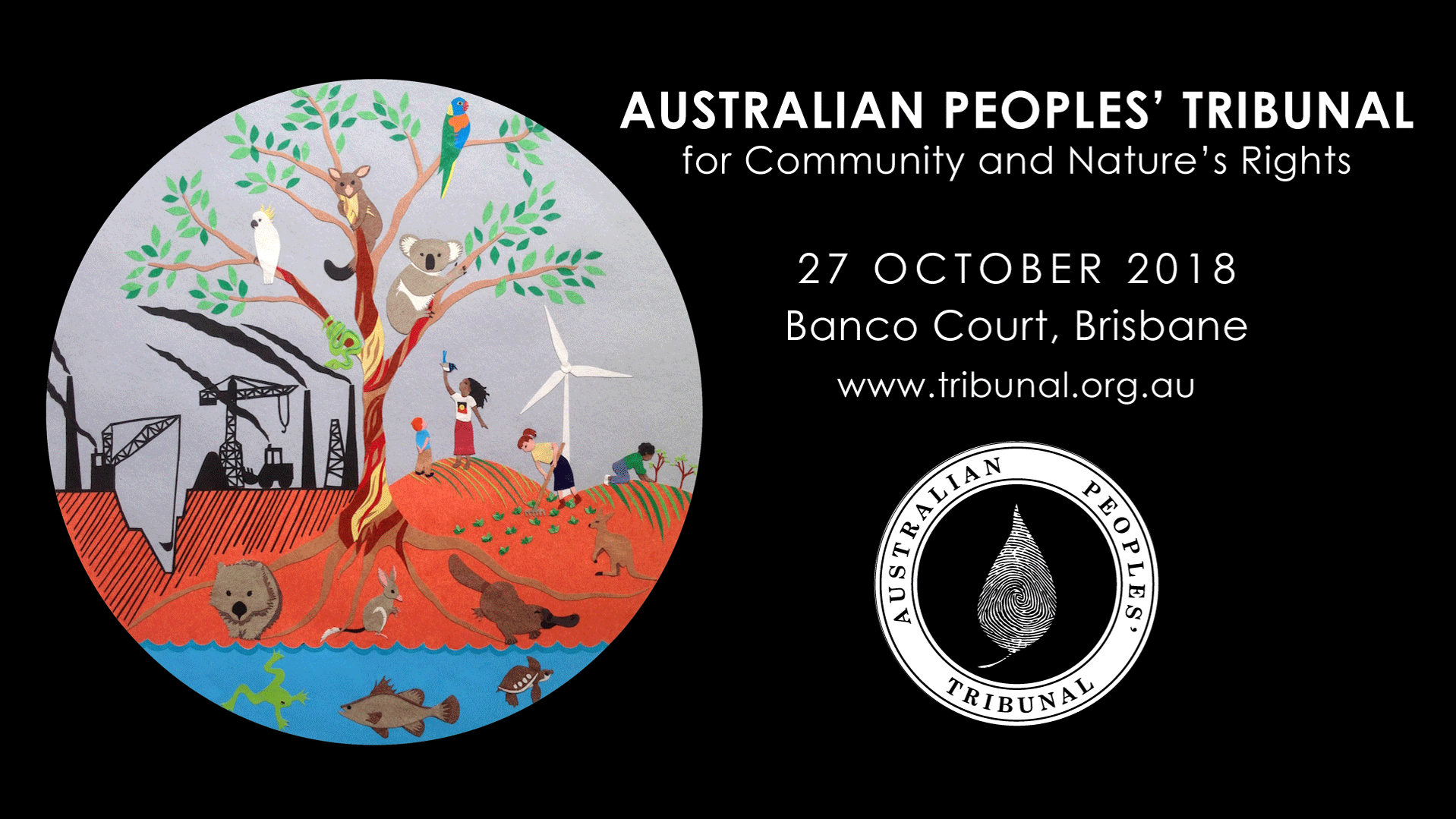
Agriculture is the largest single cause of deforestation, vegetation clearing and biodiversity loss around the world. In Australia, land clearing for grazing has led to significant ecological impacts and large scale irrigation for crops has had a devastating impact on many of our water systems – rivers, streams and groundwater.
The primary focus of the Tribunal is to hear about impacts, solutions and positive ways forward, that restore biodiversity, soil and water systems, embrace compassionate farming practices and support Indigenous knowledge systems and ongoing cultural practices. The 2018 Citizen’s Inquiry is non-adversarial and is solutions focused.
As climate change increases the severity of droughts, heat waves and water shortages, we need to examine the real cost of current agricultural practices and find effective ways to grow food and fibre in Australia, which don’t destroy the foundations of our ecosystems and communities.
The key issues the Inquiry examined included:
- the impact industrial scale agriculture has had on First Nations Peoples’ and their food systems since colonisation in 1788 and how can these systems be restored;
- the impact industrial scale agriculture has had on the continent’s ecosystems;
- how can we change modern agricultural practices so that they support, rather than destroy, Australia’s ecosystems and biodiversity?
- how can we build human food systems that fit within our ecological limits?
AUSTRALIAN EXPERT & COMMUNITY WITNESSES INCLUDE:
- Warren Saunders – Gungarri person, bush foods expert
- Fred Hooper – Chairperson, Northern Basin Aboriginal Nations
- Dr Beryl Carmichael – Ngiyaampaa Elder, Menindee Lakes
- Charles Massy – author of ‘The Call of the Reed Warbler’
- Prof George Wilson – ANU Fenner School of Environment
- Martin Taylor – Ecologist, UQ and WWF
- Revel Pointon – Lawyer, Environmental Defenders Office
- Eva Perroni – Independent Researcher
- Joel Orchard – Future Feeders
- Robert Pekin – Food Connect Foundation
- Prof Fran Sheldon – Australian Rivers Institute, Griffith University
- Sarah Moles – Lifeblood Alliance
- Barry Helms – Menindee Lakes
- Dr Bruce Lindsay – Environmental Justice Australia
INTERNATIONAL EXPERT WITNESSES INCLUDE:
- Cormac Cullinan – South African attorney and author of “Wild Law”
- Eric Holt-Gimenez – Food First, USA
- Charles Levkoe – Lakehead University, Toronto, Canada
TRIBUNAL PANEL:
The Tribunal Panel comprised:
- Mary Graham – Adjunct Associate Professor, University of Queensland and Kombumerri First Nations person
- Ross Williams – Bindal/Juru First Nations person
- Gill Boehringer – Lawyer
- Dr Michelle Maloney – Lawyer, AELA
- Dr Gwynn MacCarrick – Lawyer, University of Tasmania
Tribunal Session Videos
Videos from the Tribunal session are accessible on the following pages [as they become available].
 |
Part 1: International Context Global Impacts of Industrial Scale Agriculture. |
 |
Part 2: Australian Context First Nations Food Systems and Impacts of Post-1788 Agricultural Systems on the Continent. |
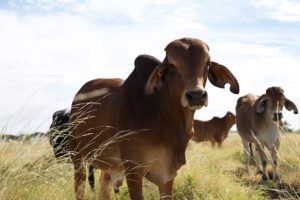 |
Part 3: Case Study 1 The Impacts of Agriculture on the Brigalow Belt Bioregion in Queensland. |
 |
Part 4: Case Study 2 The Impacts of Agriculture on the Murray Darling Basin, with a focus on the Darling River and Menindee Lakes.
|
